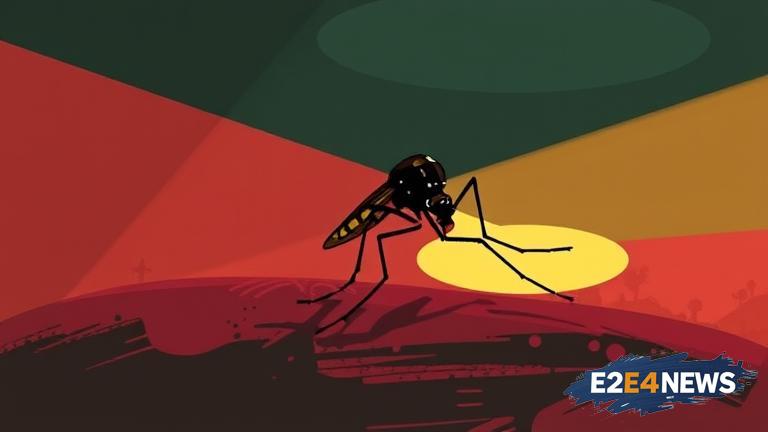Malaria is a significant public health concern in India, with the country accounting for a substantial proportion of global cases. However, recent developments have brought new hope in the fight against the disease. The development of ADFalcivax, a new malaria vaccine, has been a major breakthrough. The vaccine has shown promising results in clinical trials and has the potential to be a game-changer in the prevention of malaria. The Indian Council of Medical Research (ICMR) has been at the forefront of the country’s efforts to combat malaria. The ICMR has been working closely with international organizations, such as the World Health Organization (WHO), to develop new strategies and tools to fight the disease. The WHO’s World Malaria Report has highlighted the progress made by India in reducing malaria cases and deaths. According to the report, India has made significant strides in reducing malaria cases, with a decline of over 80% in the past few years. The report also highlights the importance of continued efforts to eliminate malaria, particularly in high-burden countries like India. The ICMR has been working to develop new diagnostic tools and treatments for malaria, including the use of artificial intelligence and machine learning. The organization has also been conducting research on the genetic sequencing of the malaria parasite, which could lead to the development of new and more effective treatments. In addition to these efforts, the Indian government has launched several initiatives to combat malaria, including the National Vector Borne Disease Control Programme (NVBDCP). The programme aims to eliminate malaria by 2030 and has been working to strengthen surveillance, monitoring, and treatment of the disease. The government has also been working to improve access to healthcare services, particularly in rural and remote areas where malaria is most prevalent. The development of ADFalcivax and the ICMR’s efforts to combat malaria have been recognized globally, with the WHO praising India’s progress in reducing malaria cases and deaths. The WHO has also highlighted the importance of continued innovation and research in the fight against malaria, particularly in the development of new vaccines and treatments. The use of technology, such as mobile health (mHealth) and electronic health records (EHRs), has also been recognized as a key tool in the fight against malaria. The ICMR has been working to develop new technologies, including mobile apps and digital platforms, to improve access to healthcare services and track malaria cases. The organization has also been conducting research on the social and economic impact of malaria, which could inform policy and programming decisions. Overall, India’s efforts to combat malaria have been significant, and the development of ADFalcivax and the ICMR’s contributions to the global fight against the disease have been recognized globally. However, continued efforts are needed to eliminate malaria, particularly in high-burden countries like India. The Indian government and international organizations must continue to work together to develop new strategies and tools to fight the disease and improve access to healthcare services. With continued innovation and research, it is possible to eliminate malaria and improve the health and wellbeing of millions of people around the world.





